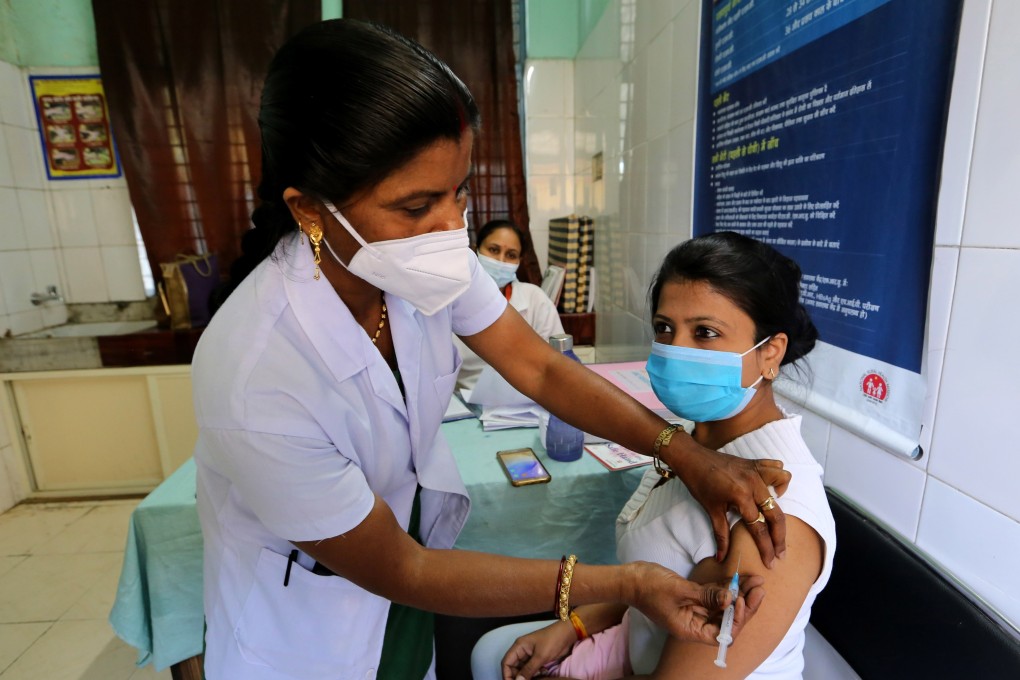The View | How access to Covid-19 vaccines has highlighted the need for the WTO to rebalance its IP rules
- There has long been tension in WTO intellectual property rules between exclusive ownership of new knowledge and the need for broad public access

It should be conducive to social and economic welfare and not prevent WTO members from adopting “measures necessary to protect public health and nutrition, and to promote the public interest in sectors of vital importance to their socio-economic and technological development”.
Developed countries must understand that the balance between exclusivity and access in the Trips Agreement is a central part of the bargain. They must keep the promise they made to engage in “technical cooperation” with all the least-developed country members of the WTO. In turn, developing countries must realise that their WTO obligations to protect and enforce IP rights are a necessary means to their further development.
To make the balance work in the new pandemic world, all members of the WTO must be willing to make and keep more promises by adding to their obligations in the Trips Agreement so it will be fit for purpose going forward.

